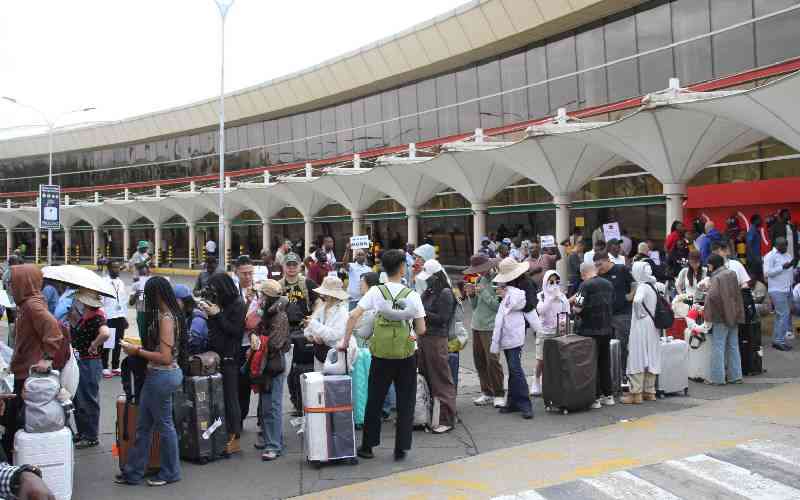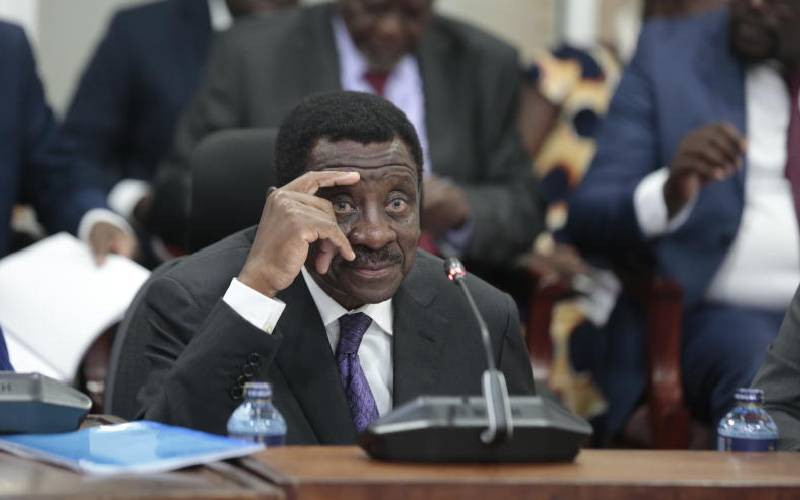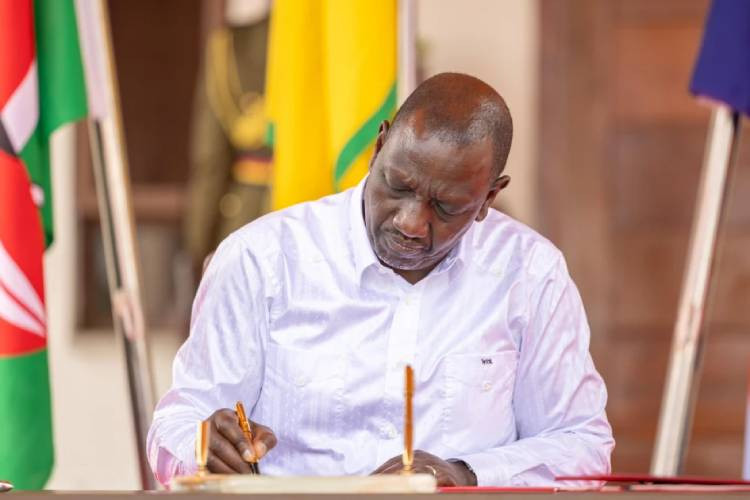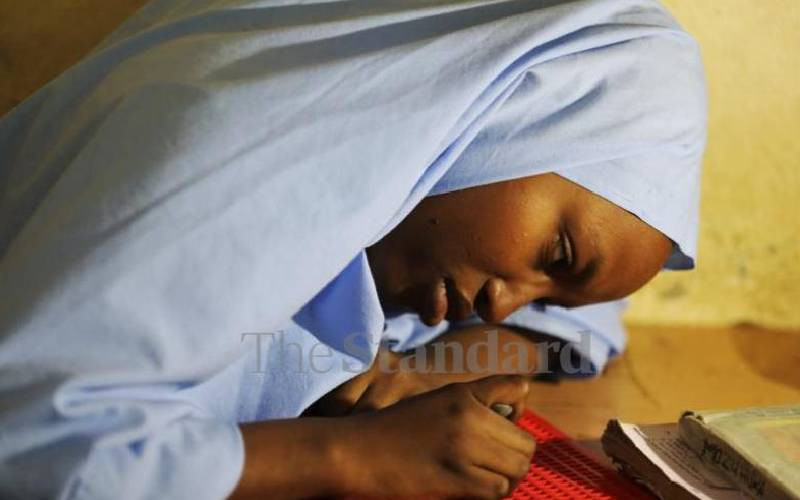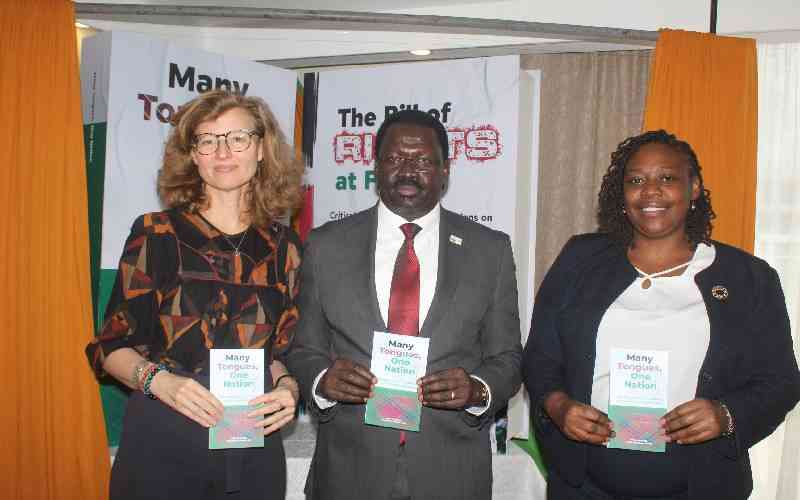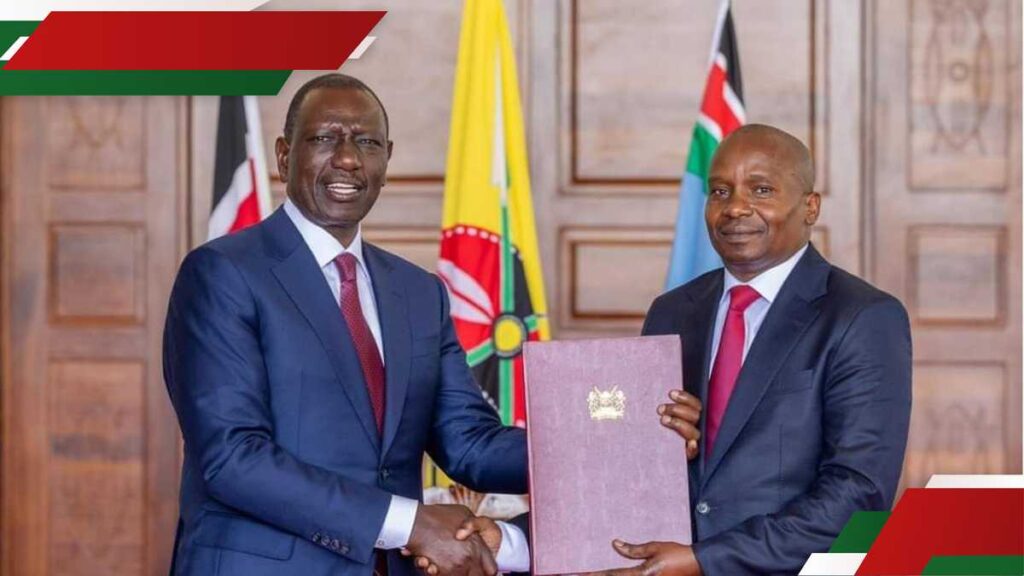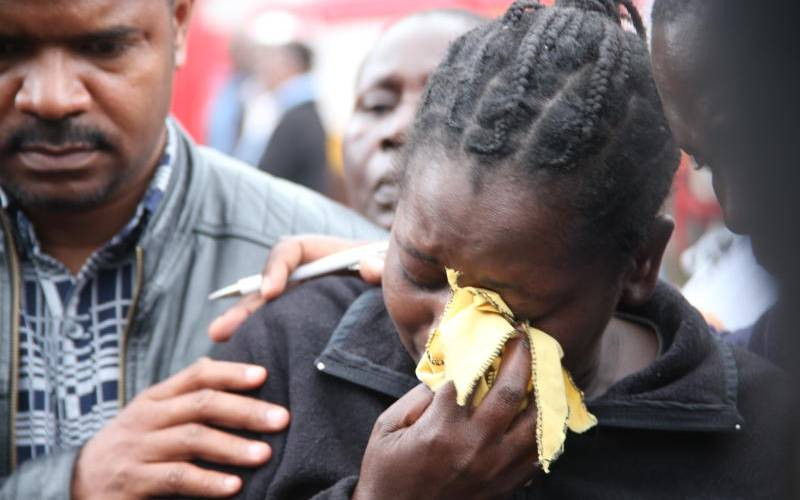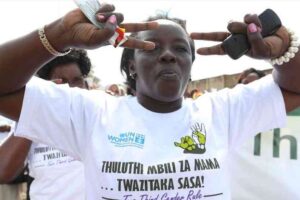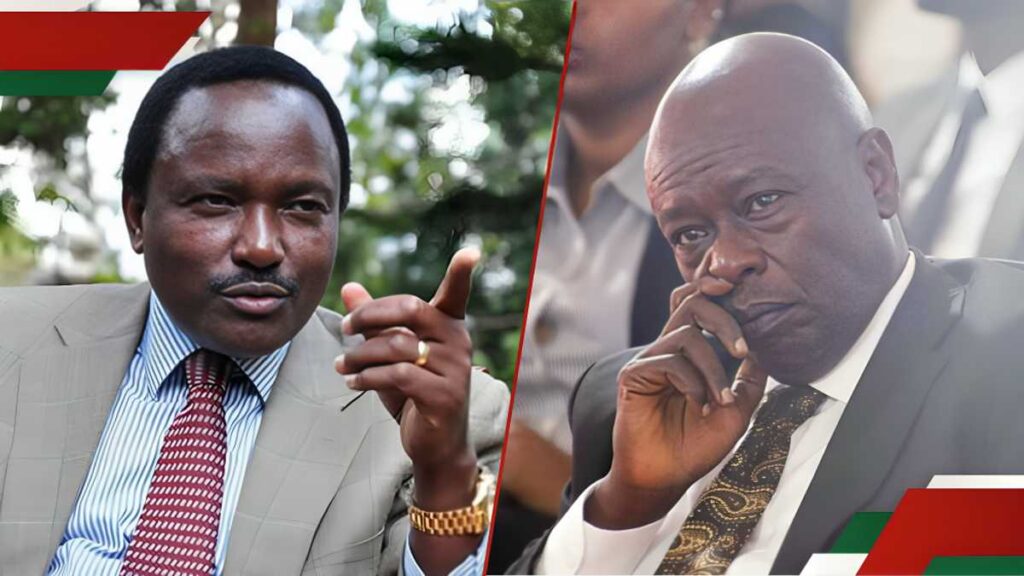Fifteen years since Kenyans overwhelmingly voted for a new Constitution, the promise of justice, equity and accountability remains unfulfilled.
International Commission of Justice (ICJ-Kenya) Executive Director Eric Mukoya said the 2010 Constitution, born out of decades of struggle, was to heal the nation and safeguard citizens from corruption, impunity, and poor leadership.
Instead, he argued, the very vices it sought to cure remain entrenched. He was speaking during the Katiba at 15 commemoration organised by the Kabarak University school of law.
“We sought to cure poor leadership and governance, but what did we get? Legislators and executives, save for a few, who have little respect for integrity and the tenets of leadership,” Mukoya declared.
The event also saw the unveiling of two publications by Kabarak University aimed at helping Kenyans internalise and interpret the Constitution. One of the books provides a chapter-by-chapter review of the Bill of Rights compiled by Kabarak law students and lecturers, while the other is a translation of the Constitution into different Kenyan languages, edited by former Chief Justice Willy Mutunga.
“As we celebrate 15 years since the promulgation of the Constitution, our university is making history through the launch of these books that will help our people better understand the charter and all its provisions,” said Kabarak University Vice Chancellor Prof Henry Kiplangat.
“Our role is to bring in knowledge that can be shared and influence decisions in the country and beyond,” he added.
Yet amid the celebrations, speakers issued stern warnings about the failures of implementation of the Constitution.
Mukoya accused Parliament of abandoning its independence, bowing to blatant sycophancy, financial favours and political power, while the Executive, he said, thrives on capturing oversight institutions. “The Judiciary, meanwhile, continues to face intimidation from the political class,” he noted.
He lamented the extravagant perks enjoyed by politicians, contrasting them with the struggles of ordinary Kenyans. “When the minimum wage is about Sh10,000 and an MP earns allowances in the millions, what is privilege? When government taxes citizens heavily only for those resources to end up in corruption, what is privilege?” he asked.
Mukoya warned that devolution, once a beacon of inclusivity, has instead become a centre of patronage and conflict, where political elites benefit at the expense of marginalised groups. “Governors and county executives, he noted, enjoy lavish pay and perks, deepening the burden on taxpayers,” said Mukoya,
Corruption, he emphasized, is the greatest betrayal of the Constitution, with Kenya losing an estimated Sh608 billion annually (about 7.8 per cent of GDP) to graft.
Law Society of Kenya president Faith Odhiambo echoed his concerns, focusing on the Bill of Rights as both a source of hope and a promise yet to be realised. “When a mother dies for lack of medical care, when graduates languish in unemployment, when a whistleblower fears for their life, we are reminded that rights must mean more than just words on paper,” she said.
She noted that while courts have expanded the meaning of social and economic rights over the years, violations of freedoms, especially suppression of protests and disobedience of court orders, remain rampant.
She called for vigilance to protect the progressive gains of the Bill of Rights, warning that selective justice and economic inequality continue to undermine the charter. She stressed that the Constitution’s survival depends on the vigilance of citizens.
Stay informed. Subscribe to our newsletter
Mukoya challenged Kenyans to stop comparing themselves with neighbours who lack progressive charters. “We had a bad constitution before 2010, but we have imported old habits into the new dispensation. We cannot continue to live the lie that we are better than Uganda or Tanzania when we betray our own progressive charter,” he warned.


